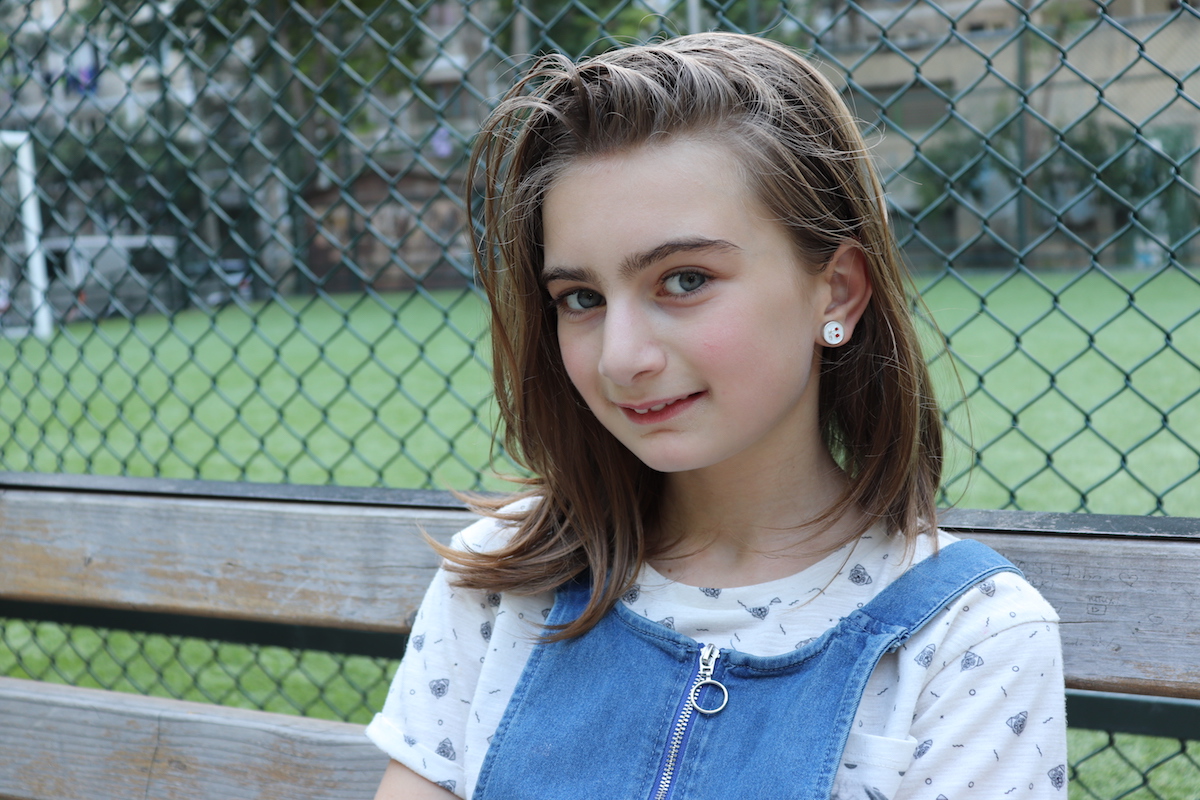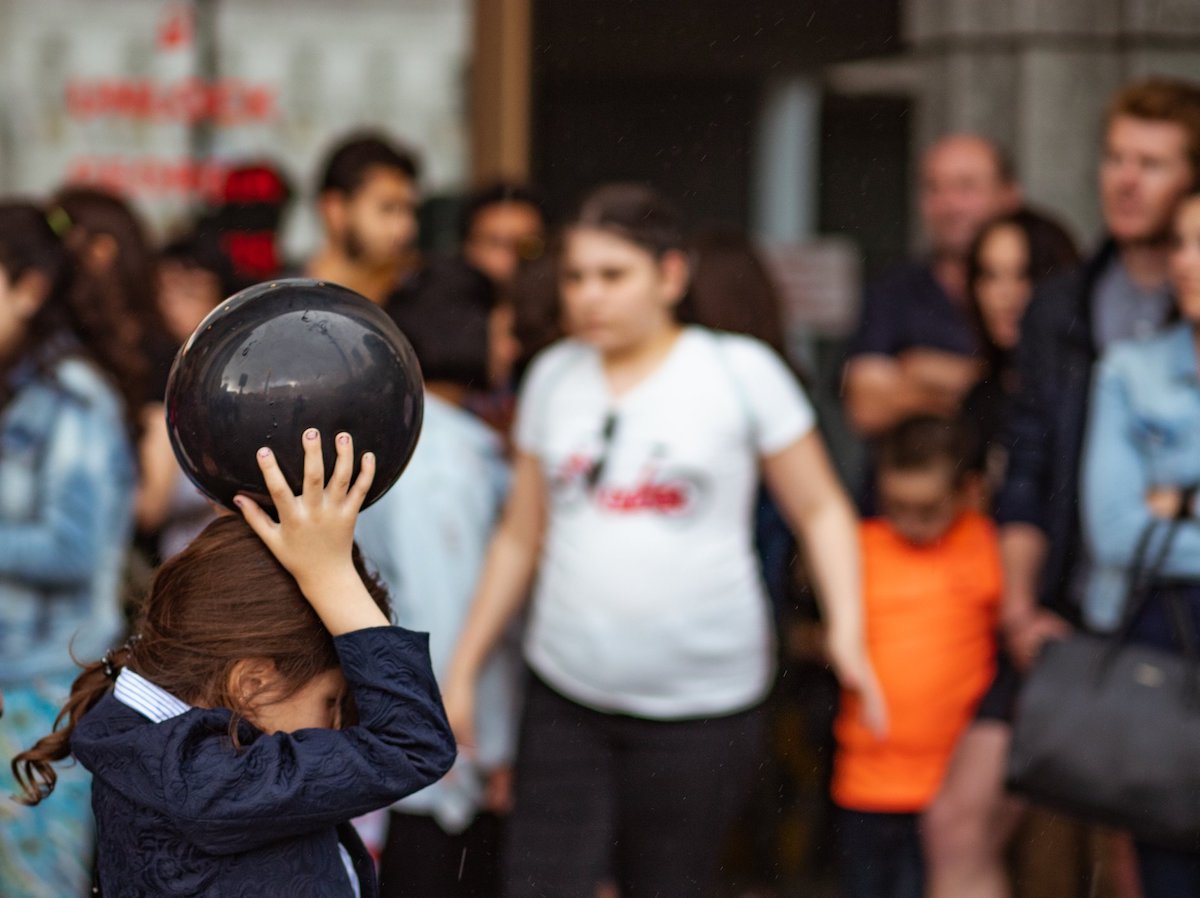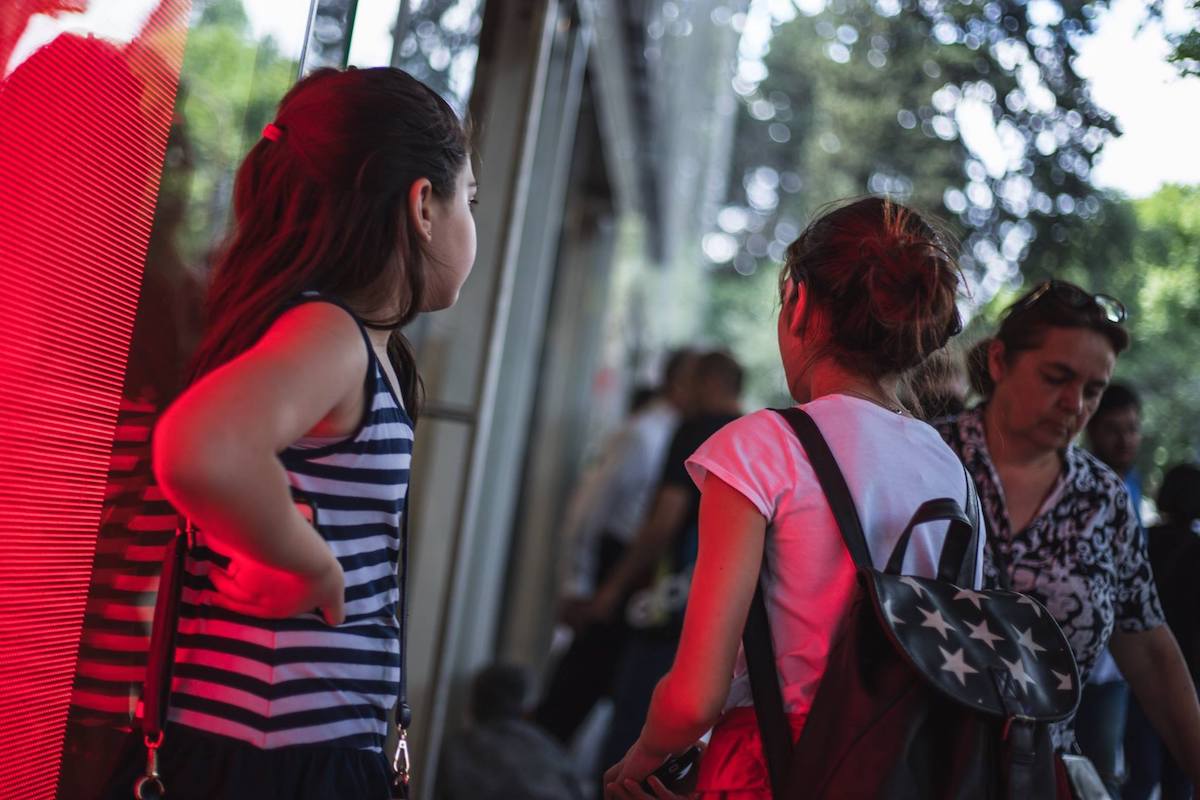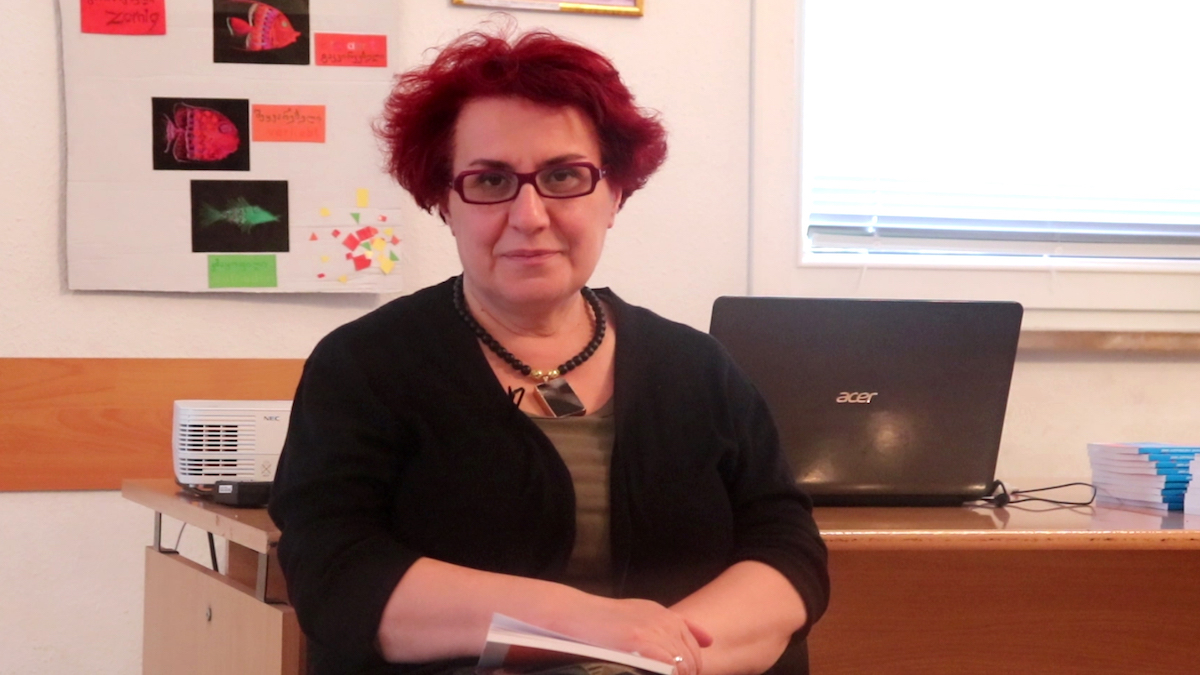Bullying in Georgian schools: when being different is a risk
More often than not, children tease those who are different from them – for whatever reason. A child may be bullied because of their ethnicity, their health, their sexual preferences or even the political views of their parents. Bullying in Georgian schools: when being different is a risk
Teachers and school administrations often not only fault to react when they should, but they also provoke the aggression. Children often times do not trust adults enough to appeal to them for help when they need it, and so far, the state does not have an adequate mechanism for responding to the problem.
Bullied for her mother’s advocacy work
Eleniko Gogokhia was eight years old when she told her mother that she no longer wanted to go to school.
Her mother quickly realised the reason was that she was being bullied.
“She would often say that she didn’t want to go to school, and that nobody wanted to be friends with her and that she was being bullied”, says Eleniko’s mother, Nanuka Tevzadze.

It turned out that Eleniko was being bullied because her mother is an LGBT rights advocate. It also became apparent that it wasn’t just the other children that were responsible for the bullying, but also the school’s teachers and the children’s parents.
Nanuka has long been in the field of advocacy work, and has told her daughter that all people are equal. She also believes that school children should be taught sex-ed. However, Eleniko’s classmates parents do not share the same views.
“I asked my daughter: why are they acting like this? They’d tell her – ‘your mother writes things that our mothers don’t.’ Her classmates didn’t like the fact that she was different in some way”, Nanuka says.
What is bullying?
The US Department of Health and Human Services defines bullying as “unwanted, aggressive behavior among school aged children that involves a real or perceived power imbalance. The behavior is repeated, or has the potential to be repeated, over time.”
There are four types of bullying, according to the department: verbal, social, physical and cyber.
Bullying traumatizes not only its victims, but bullies themselves and those who witness it.
•Violence in Georgia’s schools – when does it end? Psychologists, teachers and experts respond
• What causes somebody to take their own life? Stories from Azerbaijan
• “I want to be friends with mommy” – UNICEF survey on parent-child relations in Georgia
Victims of bullying suffer from constant anxiety, sadness and loneliness, which can in turn affect their appetite and sleep, ultimately leading to deteriorated health and school performance.
“The bullying of my daughter was more the product of the other parents thsn it was the kids themselves. A 7-8 year old does not know what you can bully someone for. Often, parents unconsciously convey these things to their children”, says Naniko Tevzadze.
Eleniko says that she wasn’t the only one to be bullied – a girl with disabilities was also teased. Their classmates would not be friends with them and they laughed at them constantly.

Eleniko has changed schools, her new classmates do not tease her, but they tease one of her new classmates.
“One of my friends is a girl of another ethnicity. They laugh at her and they don’t want to be friends with her. Like with me in my old school. I know what that’s like, so I try to stand up for her”, says Eleniko.
Nanuka understands that you can’t give your child a 100% guarantee that they won’t be teased in other circumstances, but she says that if you raise your child correctly, then they can stand up for themselves better.
Who is to blame? The school?
Psychologist Maia Tsiramua says that when an 8-year-old child is teased, then the school must react.
“When then views and activities of a parent are not well-received by a part of society and are turned into a reason for aggressive behavior, the school must interfere in order to defend the student”, she says.
Mariam, the mother of 13-year-old Luka Sakandelidze, accuses the school administration of provoking bullying.
“The class leader told students in the class to film how Luka behaves, and then to show it to their parents. That’s how she got the parents set against him”, Mariam says.
Luka has certain education needs. He is very hyper, and it is very difficult for him to concentrate during lessons and to control his emotions.
Back in the first grade, his classmates started beating him, after which there was psychological bullying and bullying online.
Luka has changed schools five times now. Now it’s been two months that he has been studying in a new school, and nobody has started teasing him so far. But Mariam is afraid that he is still vulnerable to bullying.
“Changing schools won’t change the problem. The issue needs to be addressed head on. Other students need to be involved, their parents and the teachers. Until a psychologist and behavioral specialist get involved, nothing will change. Neither the teachers, nor the directors of the schools do not have the right qualifications.”
NGO Institute for Communication Without Violence also says that there is a lack of qualified staff to deal with the problem. The NGO has long been involved in the issue of bullying.

In both state and private schools, the organization has carried out research into building and teasing, and lead trainings for teachers, parents and school children in several schools.
The head of the organization, Tamar Akhobadze, says that bullying takes place when other children are unable to come to terms with the fact that there exist others who are very different from the group at large.
“How research shows that instead of preventing teasing, they catalyst it by not paying attention to the behavior of children and sometimes they even support it with their words. Sometimes, teachers say it was just a joke, but that’s a mistake. Teachers think that their main aim is to just retain quiet in the classroom”, says Akhobadze.
Akhobadze says that currently, the biggest problem connected to bullying is homophobia, especially in the upper classes.
“In school, if a child lets others know or gives rise to suspicions that he is gay, then these children quickly become the victims. This group is already persecuted in society, but in schools, all the more so”, says Akhobadze.

What is the state doing?
The Ministry of Education and Science does not cooperate with the Institute for Communication Without Violence, despite the fact that the organization has offered free and effective services to combat bullying.
Now, the organization is busy with pilot projects in schools that agree to cooperate.
The only government service which by law is obliged to respond to such cases are school supervisors that are under the auspices of the Ministry of Education.
Psychologist Teona Chitashvili says that cyber bullying has become the most common form of bullying in recent years.
She notes that school supervisors must react to cases and report them. However, there are only 500 such supervisors serving 2,083 schools in Georgia, which points to a lack of understanding in the Ministry of Education about the scale of the problem.
Chitashvili says that despite this, teachers, parents and children themselves have started to better identify bullying and the problem at large in recent years.
Children don’t trust adults
Psychologist Tsiramua says that the problem of bullying is made harder by the fact that it is difficult to catch it happening.
Often times, school employees do not know what bullying is, and parents have a hard time of discerning it as well. Victims often prefer to hide the problem.

“Children are afraid to talk about being teased, they are ashamed, especially if society demands that they be strong and ‘cool’, and to not allow themselves to be offended. The other factor is a feeling of hopelessness. Many children think that nobody will be able to help them”, says Maia Tsiramua.
Tsiramua says that adults must react appropriately to the problems of children.
“An insignificant thing from the view point of an adult may be a big tragedy for a child. For that reason, when a child is underuse of whether he will be supported or not, they remain quiet. Sometimes they don’t trust adults, and don’t believe that their secrets will remain safe with them.”


















